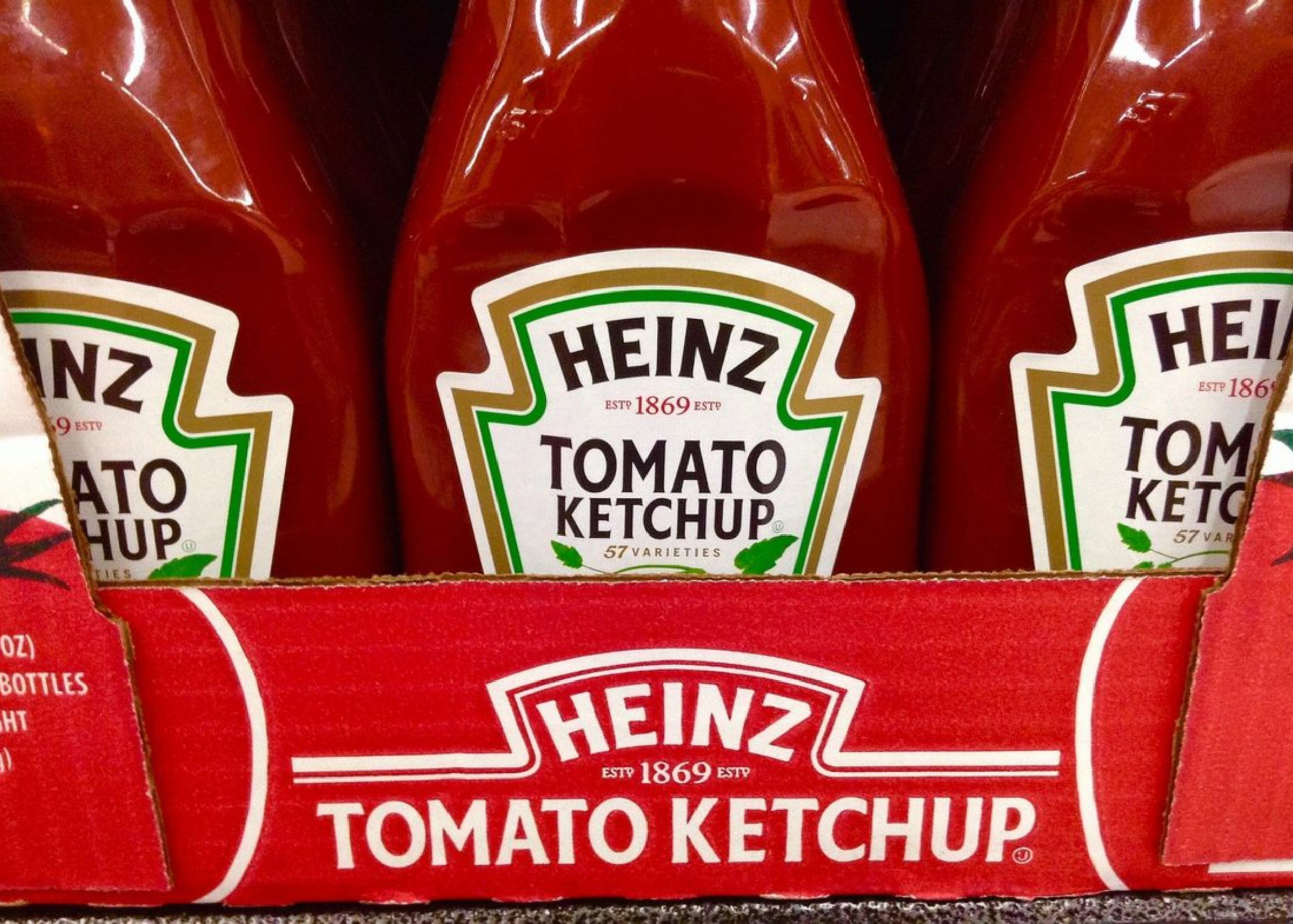News in brief:
– Kraft Heinz has announced it will remove all artificial dyes from its US products by 2027, though its popular ketchup already contains no synthetic colours.
– This move, driven by health concerns and regulatory pressure, may influence global product formulations, including those imported into Nigeria.
Kraft Heinz, the global food giant behind the popular Heinz Tomato Ketchup, has announced plans to eliminate artificial dyes from its US products by the end of 2027.
While this move currently targets the US market, Nigerian consumers who enjoy imported Kraft Heinz products — especially through supermarkets and online stores — may also feel the impact over time.
The announcement follows a push by US health regulators to phase out petroleum-based synthetic dyes from food. These additives, known as FD&C colours, are approved by the US Food and Drug Administration (FDA) but have drawn criticism due to concerns they may contribute to hyperactivity and other behavioural issues in children.
Kraft Heinz said nearly 90% of its US portfolio already avoids artificial dyes, with the remaining products — mainly beverages and desserts under brands like Kool-Aid, Crystal Light, and Jell-O — set for reformulation.
Importantly, the company emphasised that its signature Heinz ketchup has never used artificial colours, a point that should reassure Nigerian customers of the product’s integrity.
Pedro Navio, President of Kraft Heinz North America, noted: “We’ve been on a journey to reduce our use of synthetic colours, and this next step aligns with our commitment to consumer wellness.”
The shift comes as more US companies, including General Mills, respond to both public health concerns and new food safety policies. Some US states have already begun banning specific dyes like Red 3, while Europe and Canada have long adopted stricter regulations on artificial colours.
Although this change is US-focused, it may influence global suppliers and potentially lead to more natural ingredient options in international markets, including Nigeria. Consumers here are advised to continue checking product labels and stay informed as these reforms unfold worldwide.



